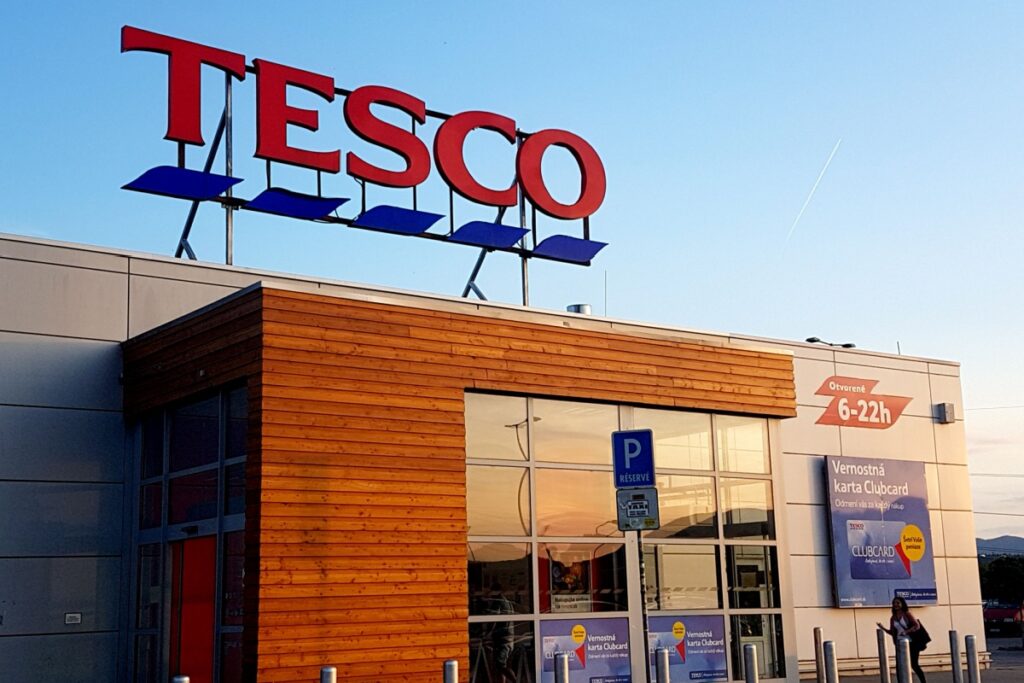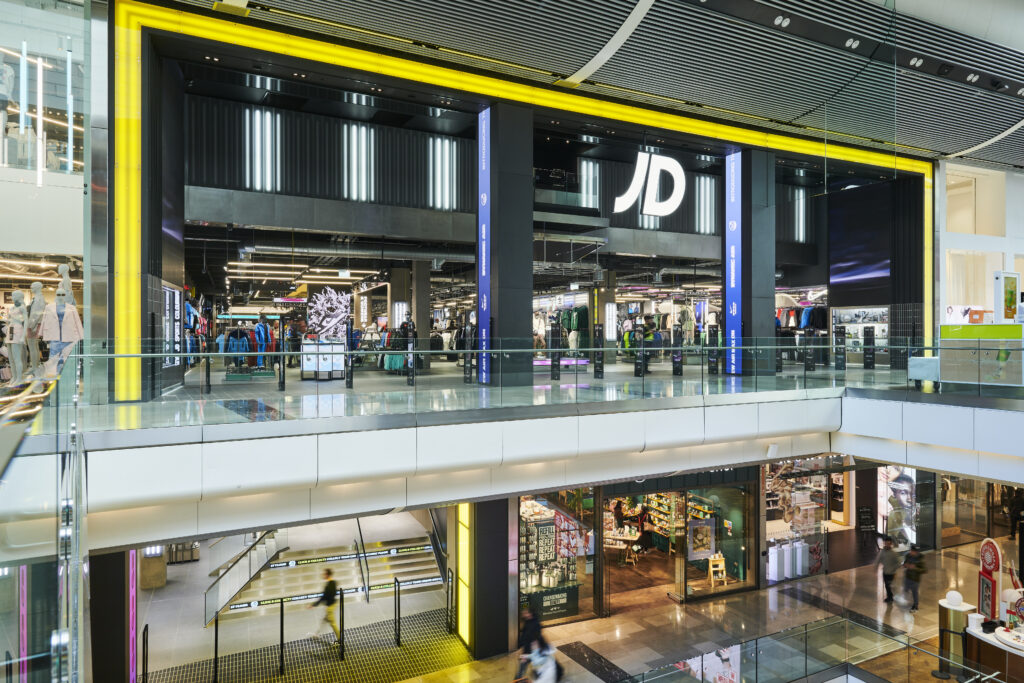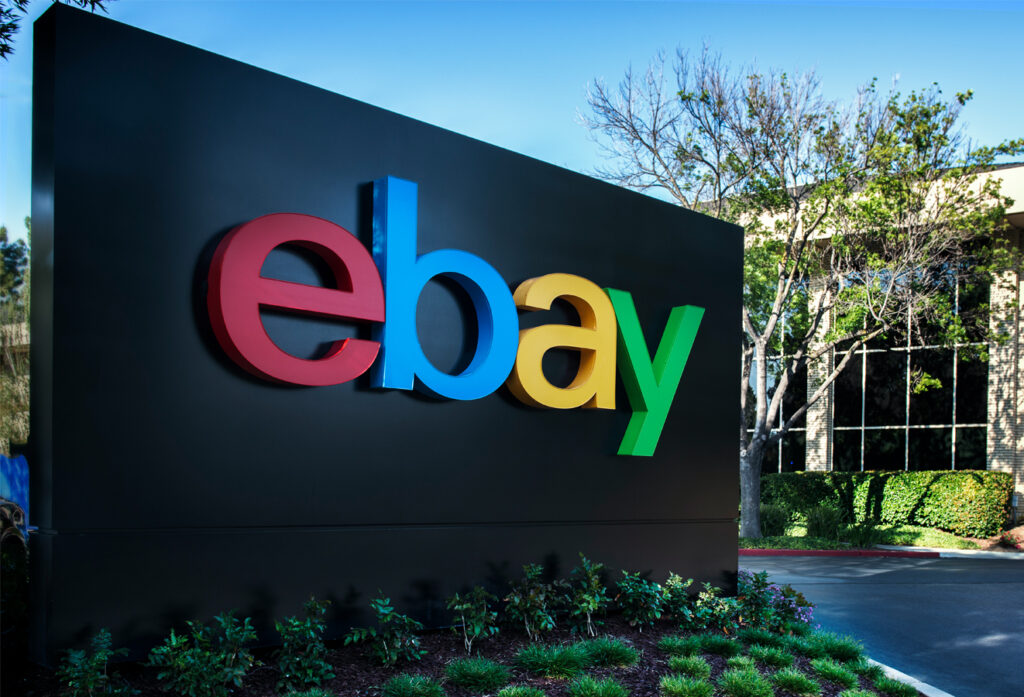Retail Gazette and Rithum gather together a room full of retailers to discuss how to drive profitable ecommerce growth in a challenging market.
The search for appropriately-sourced first-party data, encouraging a sizeable initial transaction from first-time shoppers, and utilising artificial intelligence (AI) strategically in customer service can be profitable growth drivers for retailers and brands to follow.
These represented key takeaways from a roundtable hosted by Retail Gazette on 21 May, in association with e-commerce solutions provider, Rithum. In 2023, CommerceHub, ChannelAdvisor, Dsco, and the newly acquired Cadeera, came together under the Rithum brand with the promise of supporting retailers and brands with multiple aspects of their digital strategy.
Representatives from retailers including Holland and Barrett, Robert Dyas, Vivobarefoot, and Warner Music Group, joined the conversation over breakfast at the impressive Haymarket Hotel in central London.
Delegates discussed the changing shape of the e-commerce landscape, and the challenges and opportunities for retailers and brands in this space. Held under Chatham House Rules, Retail Gazette picks out five key talking points from the event, below.
1. New players taking share
This year’s big retail London Stock Exchange flotation speculation centres on Chinese online retailer Shein, which at the time of writing is reportedly looking to kick off its plans for a £50bn London listing.
Any such initial public offering (IPO) at this value would be the biggest in London since 2011, when Swiss commodities trading giant Glencore listed at a £36bn value.
It is indicative of the new e-commerce landscape in the UK, with Shein absorbing significant market share in recent years with its aggressive online marketing strategy and offering of cost-effective prices delivered to consumers’ homes at pace.
Roundtable guests spoke of the increased competition Shein – and fellow Chinese retailer Temu – has brought to UK e-commerce. One delegate argued Temu is likely to already be eating into digital commerce giant Amazon’s market share, while another suggested: “Shein is what Asos used to be.”
It is against this backdrop that long-running e-commerce incumbents are being required to change their approach to drive revenue. With overall UK e-commerce growth slowing, guests discussed the need for forging new money-making streams to drive greater profitability within retail organisations.
A central cog in this strategy is building pools of first-party data, according to one retailer at the event, who said this is a foundation for launching new services and improving the power of marketing.
2. Marketplace strategy still a strong one
Research conducted in August 2023 by Rithum found Amazon holds consumers’ trust when they go to shop online. Some 42% said they trust Amazon versus 34% who suggested they trust a brand’s direct-to-consumer website, with Amazon, eBay, Temu and Shein ranking the highest for marketplace strategy in 2023.
According to the survey of 1,000 consumers and 250 e-commerce decision makers in the UK, businesses that reported performing worse than expected in 2023 cited the highly competitive market and lower consumer spending as the biggest factors.
The growing number of marketplaces available played an important role for the better performing retailers and brands. Two-fifths cited marketplace diversification and expanding sales channels as key drivers behind their stronger sales, highlighting the value of marketplaces in modern digital commerce.
Philip Hall, managing director for EMEA at Rithum, who participated in the roundtable, said: “Marketplaces have set a standard that many major retailers are now looking to replicate, sometimes through launching their own marketplace model.
“We are increasingly seeing brands and retailers exploring, and seeing advantage in adopting marketplaces, but also other third party (3P) commerce models for example dropship and private marketplaces.”
Delegates at the roundtable discussed Amazon’s “speed and efficiency of delivery and returns” as the reason it fills consumers with trust. One attendee said whatever platform a brand chooses to sell on, they are more likely to secure a follow-up shopping visit the greater initial outlay they can elicit from a consumer.
3. Retail media as ‘new trade marketing’
Retail media is the talk of the town in retail, highlighted by many analysts as a significant opportunity for driving profitability. Boots, Currys, and Kingfisher’s fascia are exploring what they can do in this space, as are many of the UK supermarket chains.
But it’s at a nascent stage, and as one roundtable guest queried: “Who is doing retail media well?”
The large grocers, including Tesco and Sainsbury’s through their loyalty scheme programmes, are among the retailers that have made most progress in driving ‘media’ revenue from their strong data pools. But at present, there’s a large land grab going on among those with the highest online and store traffic.
As this market plays out, it will need “guardrails” and retailers will need to be “explicit” around paid-for listings online and in stores, according to one roundtable guest, otherwise they risk losing control and brand dilution.
However, others around the table were more positive. One attendee suggested retail media should be looked at as “modern trade marketing” – and they talked up the importance of brands placing ads in as many relevant places as possible, as well as the opportunity it presents in a world of high-cost paid-for and performance marketing.
4. Be a social commerce player
One retailer said: “Social commerce feels like the movement in digital commerce.”
Another described how selling via social media and using platforms such as livestreaming or celebrities and influencers using their large followings is a case of retail going full circle – “it’s QVC but online”, they commented.
It’s important retailers and brands realise social has moved on from solely having an Instagram presence, with TikTok and short-form video in general “the direction of travel” in terms of how to sell to consumers via social media, they added.
Indeed, social commerce – where social media and e-commerce intertwine – is set to see sales double between 2023 and 2027, to $1,223.7bn, according to research house eMarketer.
A 2023 Online Consumer Behaviour Global Report by Rithum and research firm Dynata found 82% of global consumers will visit two or more websites before buying, while 63% between the ages 18-25 said they had been influenced to make a purchase after seeing a product promoted by a brand on social media in the past 12 months.
5. AI ‘will change the nature of problem solving’
One retailer said the advent and growth in usage of AI means “the nature of problem solving will change”.
In retail, those already embracing AI in their operations are using it for content creation, customer service, and product recommendations to drive recurring purchases. Those around the table discussed how some businesses have been able to cut the cost of running their customer services teams in half by embracing AI – but they cautioned consumers still want the security of having the “human touch” as an option in communication with brands as trust in the tech needs to build.
Over the past year, Rithum has integrated AI into its platform to support with tasks such as automatic channel mapping, including inventory compliance and error correction. The acquisition of Cadeera in December 2023 will support Rithum’s AI capabilities further – with Hall saying its arrival is like bringing in an “AI consultancy” into the organisation.
“The world of e-commerce has reached a crossroads, and the most forward-thinking retailers and brands are seeking additional ways to drive revenue and exploring new technologies to help boost the bottom line as the cost of doing business becomes greater,” explained Hall.
“Retail media could be a lucrative new channel for the businesses that have their first-party data in order, while adopting a marketplace model has been an e-commerce revenue accelerator for many retailers, including our new client B&Q.”
He added: “From the London roundtable discussions we were involved in, it’s clear the current market is a challenging one for retailers. But those which can launch new platforms and embrace new tech that neatly aligns with their existing operating models – rather than letting it become a distraction to their core business – are set to be the winners in this new age of digital commerce.”
Read more about Rithum’s work in ecommerce
Click here to sign up to Retail Gazette‘s free daily email newsletter




























